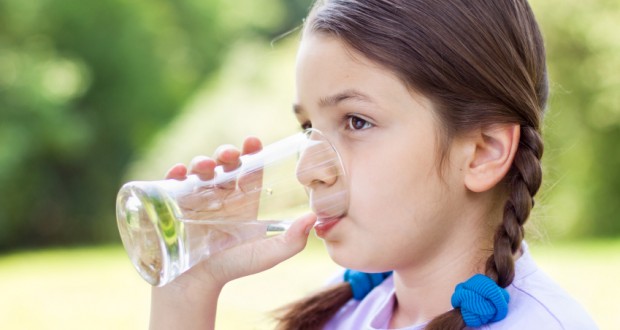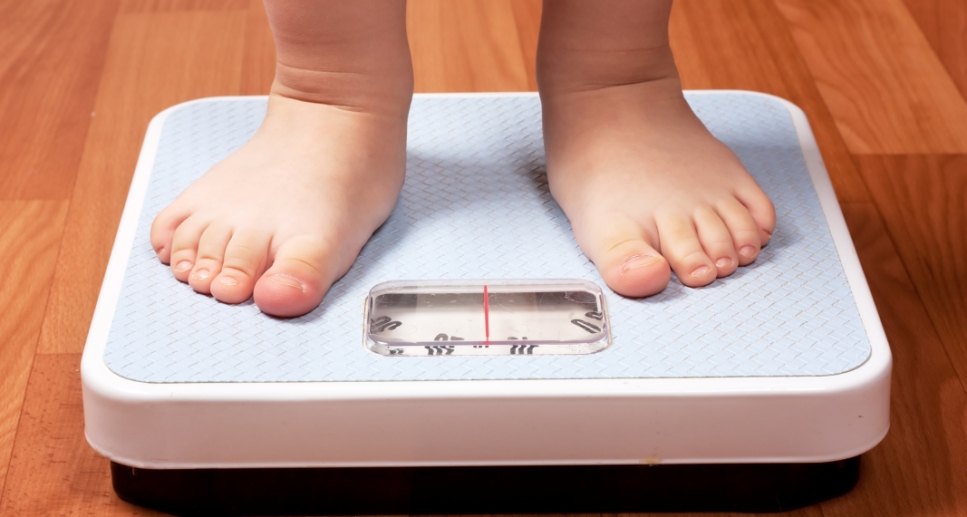
All experts in child nutrition recommend that water is the best choice for hydration of children. Although the number of people switching to a healthier lifestyle increases each day, which includes having healthier nutrition, better sleeping habits, hygiene, and physical activity, the number of children and adults who consume soda is still very large.
Most people are not aware of what generates the consumption of soft drinks. In general, they share that it refreshes them and that their taste is somewhat pleasant, but what actually happens with their body while taking any soda they do not know.
For this reason, our Dietetic Internship Director, Su-Nui Escobar, decided to contribute with such important information and explains what happens in our body when we consume sodas. In addition to this initiative, doctors around the world are asking parents to immediately stop giving sugary beverages to their children.

The reason could not be more convincing: the drink destroys the bones of the children, diminishing the development until the adult age. This is also detrimental to adults, but it has more effect on children because soda and its chemicals "dissolve" the body's nutrients that would be used to strengthen, for example, teeth and bones. “I strongly urge parents to significantly limit, or avoid, the amount of sugary beverages your kids drink”, Su-Nui said. “Sugary beverages, like soda and sports drinks, have no nutrition value and can contribute to the overweight and obesity problem, along with chronic diseases such as high blood pressure and diabetes at an early age. Furthermore, sugary drinks often replace healthier drinks such as water or milk.
Remember not to substitute sodas for juice or sports drinks. While 100% juice can provide nutrients, it is recommended that kids limit their juice intake to no more than 4 ounces per day due to the high sugar content. Sports drinks should be limited to athletes who are exercising for longer than 45minutes” she added. Soft drinks are composed of sugars such as sucrose, glucose, fructose, therefore they are a fast and concentrated source of energy.
There are studies that show a relationship between the increase in the consumption of soft drinks and the prevalence of obesity by up to 34%. It is said that the consumption of one liter per day for three weeks translates into the gain of 2.2 pounds of weight. Childhood obesity is related to many factors, including a sedentary lifestyle, which intensifies during the holidays; and children dedicate a large part of their time to television, video games, computers, and so on. If you are interested in learning more or need help from the experts when it comes to meal plans or food replacement, contact our Dietetic Internship Director, Su-Nui Escobar at 305-284-7674 or visit www.larkinhospital.com/healthyliving
Comments
Comments are closed.